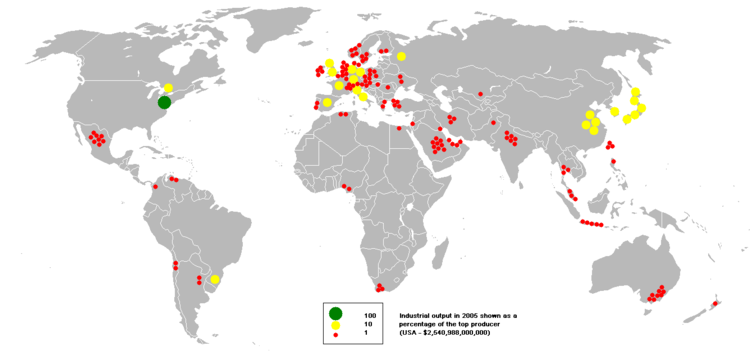ECB Meeting in Focus Amid Economic Slowdown
- German inflation falls below ECB’s 2% target
- Consumer prices up 1.6% from September last year
- Lower than expected inflation in France and Spain
- ECB rate cut possibility in October meeting
- Services inflation down to 3.8%
- Core inflation at 2.7%
- Energy prices impacting Germany’s industrial sector
German inflation has dropped below the European Central Bank’s (ECB) target of 2%, increasing the likelihood of a consecutive interest rate cut at the ECB’s next meeting in October. Consumer prices were up 1.6% from September last year, down from 1.9% in August, according to Destatis. This comes after inflation cooled more rapidly than expected in France and Spain, potentially increasing pressure on policymakers to vote for an ECB rate cut on Oct. 17. The headline rate of inflation was the lowest since February 2021 due to lower energy prices and services inflation edging down to 3.8% from 3.9%. Core inflation, excluding changeable energy and food prices, fell to 2.7%. While the ECB may welcome the fall in underlying inflation, services remain uncomfortably high. Germany’s economy shrank 0.1% in Q2 and faces a persistent slump in its manufacturing sector, suggesting an ECB cut could spur activity.
Factuality Level: 8
Factuality Justification: The article provides accurate and objective information about German inflation data and its potential impact on the European Central Bank’s decision-making process. It includes relevant details from other countries (France and Spain) to provide context but does not include any irrelevant or tangential information. The article presents facts without exaggeration or sensationalism, and while it mentions some expert opinions, it does not present them as universally accepted truths.
Noise Level: 3
Noise Justification: The article provides relevant information about German inflation and its potential impact on the European Central Bank’s decision-making process. It includes data from official sources and expert opinions. However, it could benefit from more in-depth analysis of the underlying causes and consequences of the situation, as well as exploring potential solutions or actions that policymakers might take.
Public Companies: European Central Bank (ECB), Capital Economics (N/A)
Key People: Andrew Kenningham (Chief Europe Economist at Capital Economics), Ed Frankl (Writer)
Financial Relevance: Yes
Financial Markets Impacted: The article discusses the potential impact of inflation data on the European Central Bank’s decision for interest rate cuts, which can affect financial markets and companies in Europe.
Financial Rating Justification: The article mentions inflation rates in Germany, France, and Spain, and their potential impact on the European Central Bank’s decision to cut interest rates. This directly pertains to financial topics such as monetary policy and can have a significant effect on financial markets and companies in the region.
Presence Of Extreme Event: No
Nature Of Extreme Event: No
Impact Rating Of The Extreme Event: No
Extreme Rating Justification: There is no extreme event mentioned in the article.
Move Size: No market move size mentioned.
Sector: All
Direction: Down
Magnitude: Large
Affected Instruments: Stocks, Bonds
 www.wsj.com
www.wsj.com  www.marketwatch.com
www.marketwatch.com 





